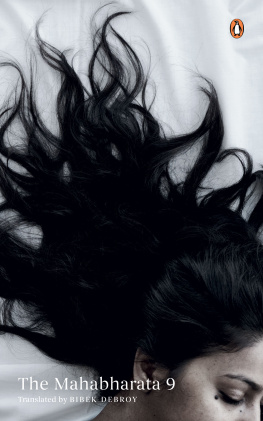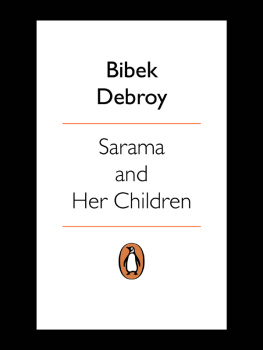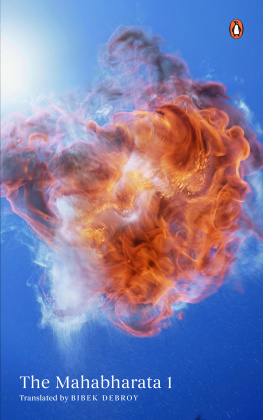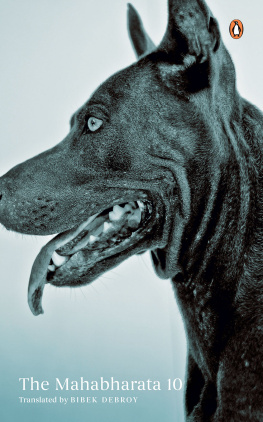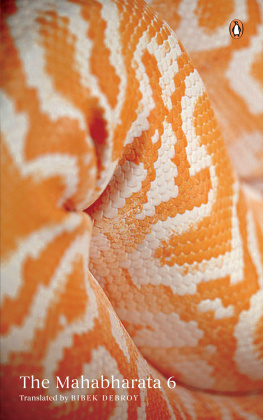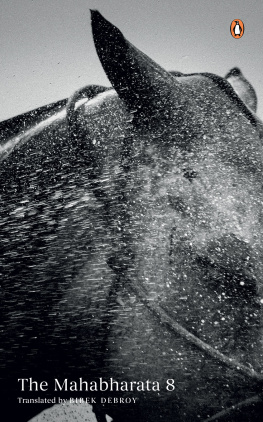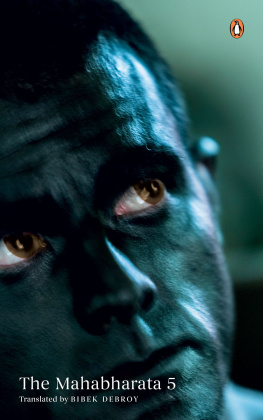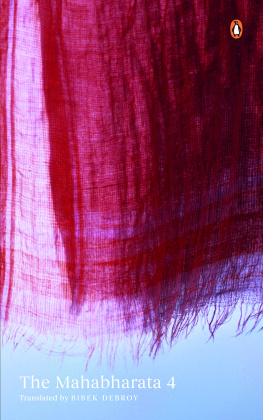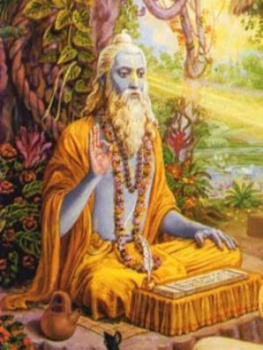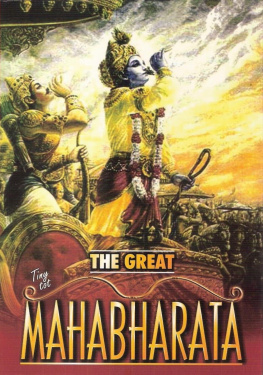B ibek Debroy is a member of NITI Aayog, the successor to the Planning Commission. He is an economist who has published popular articles, papers and books on economics. Before NITI Aayog, he has worked in academic institutes, industry chambers and for the government. Bibek Debroy also writes on Indology and Sanskrit. Penguin published his translation of the Bhagavad Gita in 2006 and Sarama and Her Children: The Dog in Indian Myth in 2008. The 10-volume unabridged translation of the Mahabharata was sequentially published between 2010 and 2014 and he is now translating the Hari Vamsha, to be published in 2016. Bibek Debroy was awarded the Padma Shri in 2015.
Let the conversation begin...
PENGUIN BOOKS
Published by the Penguin Group
Penguin Books India Pvt. Ltd, 7th Floor, Infinity Tower C, DLF Cyber City, Gurgaon - 122 002, Haryana, India
Penguin Group (USA) Inc., 375 Hudson Street, New York, New York 10014, USA
Penguin Group (Canada), 90 Eglinton Avenue East, Suite 700, Toronto, Ontario M4P 2Y3, Canada
Penguin Books Ltd, 80 Strand, London WC2R 0RL, England
Penguin Ireland, 25 St Stephens Green, Dublin 2, Ireland (a division of Penguin Books Ltd)
Penguin Group (Australia), 707 Collins Street, Melbourne, Victoria 3008, Australia
Penguin Group (NZ), 67 Apollo Drive, Rosedale, Auckland 0632, New Zealand
Penguin Books (South Africa) (Pty) Ltd, Block D, Rosebank Office Park, 181 Jan Smuts Avenue, Parktown North, Johannesburg 2193, South Africa
Penguin Books Ltd, Registered Offices: 80 Strand, London WC2R 0RL, England
First published by Penguin Books India 2013
This edition published 2015
www.penguin.co.in
Translation copyright Bibek Debroy 2013
All rights reserved
ISBN 9-780-14342-520-5
This digital edition published in 2015.
e-ISBN: 9-788-18475-944-0
This book is sold subject to the condition that it shall not, by way of trade or otherwise, be lent, resold, hired out, or otherwise circulated without the publishers prior written consent in any form of binding or cover other than that in which it is published and without a similar condition including this condition being imposed on the subsequent purchaser and without limiting the rights under copyright reserved above. No part of this publication may be reproduced, stored in or introduced into a retrieval system, or transmitted in any form or by any means (electronic, mechanical, photocopying, recording or otherwise), without the prior written permission of both the copyright owner and the above-mentioned publisher of this book.
For my wife, Suparna Banerjee (Debroy),
who has walked this path of dharma with me
Ardha bhry manuyasya bhry rehatama sakh
Bhry mulam trivargasya bhry mitram mariyata
Mahabharata (1/68/40)
Nsti bhrysamo bandhurnsti bhryasam gati
Nsti bhryasamo loke sahyo dharmasdhana
Mahabharata (12/142/10)
Acknowledgements
C arving time out from ones regular schedule and work engagements to embark on such a mammoth work of translation has been difficult. It has been a journey of six years, ten volumes and something like 2.25 million words. Sometimes, I wish I had been born in nineteenth-century Bengal, with a benefactor funding me for doing nothing but this. But alas, the days of gentlemen of leisure are long over. The time could not be carved out from professional engagements, barring of course assorted television channels, who must have wondered why I have been so reluctant to head for their studios in the evenings. It was ascribed to health, interpreted as adverse health. It was certainly health, but not in an adverse sense. Reading the Mahabharata is good for ones mental health and is an activity to be recommended, without any statutory warnings. When I embarked on the hazardous journey, a friend, an author interested in Sanskrit and the Mahabharata, sent me an email. She asked me to be careful, since the track record of those who embarked on unabridged translations of the Mahabharata hasnt always been desirable. Thankfully, I survived, to finish telling the tale.
The time was stolen in the evenings and over weekends. The cost was therefore borne by ones immediate family, and to a lesser extent by friends. Socializing was reduced, since every dinner meant one less chapter done. The family has first claim on the debt, though I am sure it also has claim on whatever merits are due. At least my wife, Suparna Banerjee (Debroy) does, and these volumes are therefore dedicated to her. For six long years, she has walked this path of dharma along with me, providing the conducive home cum family environment that made undistracted work possible. I suspect Sirius has no claim on the merits, though he has been remarkably patient at the times when he has been curled up near my feet and I have been translating away. There is some allegory there about a dog keeping company when the Mahabharata is being read and translated.
Most people have thought I was mad, even if they never quite said that. Among those who believed and thought it was worthwhile, beyond immediate family, are M. Veerappa Moily, Pratap Bhanu Mehta and Laveesh Bhandari. And my sons, Nihshanka and Vidroha. The various reviewers of different volumes have also been extremely kind and many readers have communicated kind words through email and Twitter, enquiring about progress.


